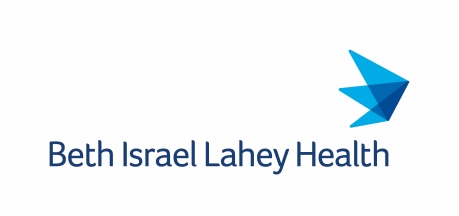Newswise — Boston – Orthostatic hypotension (OH), a drop in blood pressure (BP) after standing, is common among older adults and has been reported to be an important predictor of falls and fainting, as well as cardiovascular disease (CVD). OH is highly prevalent among older adults with abnormally high blood pressure, or hypertension, and among those taking medication to treat hypertension. In light of recently updated guidelines recommending a lower threshold for the treatment of hypertension, some physicians have expressed concerns that aggressive efforts to lower BP, especially in older adults, might increase OH and its associated adverse events.
However, contrary to this notion, researchers at Beth Israel Deaconess Medical Center (BIDMC) have found that OH was not associated with higher risk of cardiovascular events, falls, or fainting among participants in The Systolic Blood Pressure Intervention Trial. In a study published in the journal Hypertension, the scientists showed that hypertension treatment had no impact on the link between OH and cardiovascular outcomes or other adverse events. These findings provide strong evidence that OH should not be a reason to lower medication doses, even in the setting of a lower BP goal.
“There are ongoing concerns that orthostatic hypotension among patients undergoing more intensive blood pressure treatment represents a greater risk of adverse events from treatment,” said corresponding author Stephen Juraschek, MD, PhD, Assistant Professor of Medicine at BIDMC. “Our research findings challenge this notion and the practice of reducing hypertension treatment in response to orthostatic hypotension. These findings are important since many people worry about adverse effects from blood pressure treatment in older adults.”
To learn more about this study, please visit: https://www.ahajournals.org/doi/10.1161/HYPERTENSIONAHA.119.14309
About Beth Israel Deaconess Medical Center
Beth Israel Deaconess Medical Center is a patient care, teaching and research affiliate of Harvard Medical School and consistently ranks as a national leader among independent hospitals in National Institutes of Health funding.
BIDMC is in the community with Beth Israel Deaconess Hospital-Milton, Beth Israel Deaconess Hospital-Needham, Beth Israel Deaconess Hospital-Plymouth, Anna Jaques Hospital, Cambridge Health Alliance, Lawrence General Hospital, Signature Healthcare, Beth Israel Deaconess HealthCare, Community Care Alliance and Atrius Health. BIDMC is also clinically affiliated with the Joslin Diabetes Center and Hebrew Rehabilitation Center and is a research partner of Dana-Farber/Harvard Cancer Center and the Jackson Laboratory. BIDMC is the official hospital of the Boston Red Sox. For more information, visit www.bidmc.org.
BIDMC is part of Beth Israel Lahey Health, a new health care system that brings together academic medical centers and teaching hospitals, community and specialty hospitals, more than 4,000 physicians and 35,000 employees in a shared mission to expand access to great care and advance the science and practice of medicine through groundbreaking research and education.
